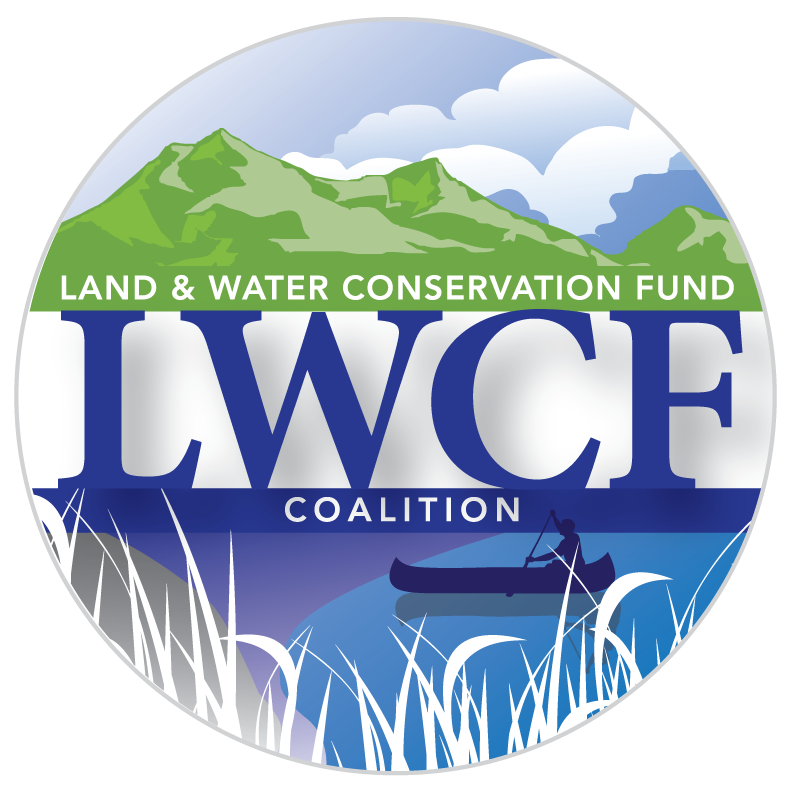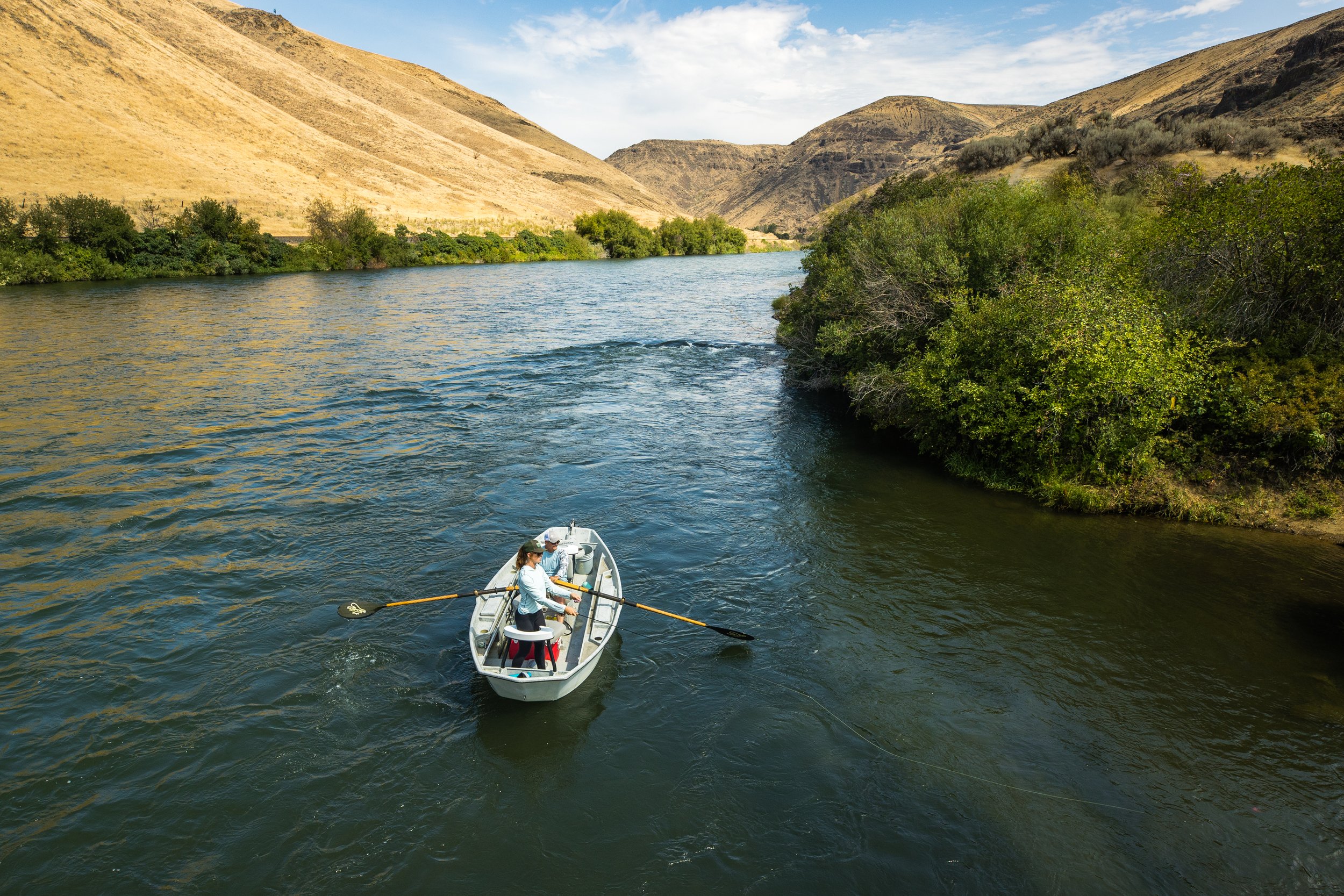Prized Ranch on the Yakima River to be Conserved and Opened to Public Thanks to LWCF
The Yakima River is one of the West’s premier desert trout streams and a lifeline for fish and wildlife of southcentral Washington. It flows 214 miles from Keechelus Lake in the Cascade Mountains to the Columbia River, with a glorious 27-mile stretch through the Yakima River Canyon. In the upper reaches of the canyon, Western Rivers Conservancy (WRC) is using recreational access funding from the Land and Water Conservation Fund (LWCF) to place cherished river access points into public hands forever.
Year-round, trout anglers from across the Pacific Northwest take to the Yakima in drift boats and rafts, and in the summer people head to the river for day floats in inner tubes. Bighorn sheep, elk and mule deer can be spotted along the river’s banks, and the canyon’s crevices and cliffs are home to Washington’s densest concentration of nesting hawks, eagles and falcons.
Named after the indigenous Yakama people, the Yakima is Washington’s longest river that flows entirely within the state. Historically, the river was one of the Columbia Basin’s major producers of salmon and steelhead, but dams and a century of water withdrawals on the Yakima have degraded fish runs.
Credit: Tyler Roemer/Western Rivers Conservancy
Unique opportunity on a spectacular western river
Most of the Yakima River Canyon is managed by the Bureau of Land Management (BLM) and protected within the BLM’s Yakima Canyon Area of Critical Environmental Concern (ACEC), but a handful of pivotal reaches remain unprotected. One of them is the 812-acre Yakima Canyon Ranch, which sits on two sides of the river along a dramatic horseshoe bend. The ranch lies at the epicenter of some of Washington’s best fly fishing water, with outstanding river access, good camping and excellent fish and wildlife habitat in all directions.
Western Rivers Conservancy has long viewed Yakima Canyon Ranch as a conservation target because of its superb fish and wildlife habitat and recreational values. When the ranch went on the market, WRC recognized the unique opportunity to not only protect habitat but also deliver crucial recreation access to one of the most popular launch sites on the Yakima, called the Big Horn boat launch.
In the hands of a private buyer, the property likely would have been closed to the public forever. Fortunately, Western Rivers Conservancy was able to step in and purchase Yakima Canyon Ranch in late 2021. Now, recreation access funding from LWCF will ensure that fish and wildlife habitat is conserved and river access at Big Horn remains open to all by allowing WRC to transfer the property to the BLM.
Credit: Tyler Roemer/Western Rivers Conservancy
A win for fish, wildlife and recreation
Yakima Canyon Ranch is comprised of three blocks of land—Bighorn, Beavertail and Umtanum. At the upstream end of the ranch is the Big Horn recreation site, which controls a popular boat launch, campground and river frontage, all of which will be transferred into BLM ownership for public access and conservation management within the ACEC.
The downstream end of the ranch includes roughly 15 acres at the Umtanum recreation site that will also go to the BLM. This will expand the Umtanum Campground, triple the amount of Yakima River frontage within the recreation area and add stands of old-growth ponderosa pines to the site. Umtanum also provides trail access into the Wenas Wildlife Area via a footbridge over the river.
Conservation of the Yakima Canyon Ranch protects migratory habitat for salmon and steelhead and robust habitat for California bighorn sheep, Rocky Mountain elk, mule deer and a myriad of small mammals and birds. While the property’s conservation values are outstanding, what made this project possible was recreation access funding from LWCF.
Year after year, hundreds of people from Washington and beyond use the Big Horn boat launch and Umtanum area to fish, boat, hike, view wildlife and connect with the Yakima River. Thanks to WRC and the BLM’s efforts, and recreation access funding from LWCF, this premier stretch of the Yakima will be permanently protected for the sake of fish and wildlife—and public access to this very special stretch of the Yakima River Canyon will be guaranteed forever.
Written and Prepared by Elise Herron, Associate Writer, Western Rivers Conservancy
Credit: Tyler Roemer/Western Rivers Conservancy
Credit: Tyler Roemer/Western Rivers Conservancy




